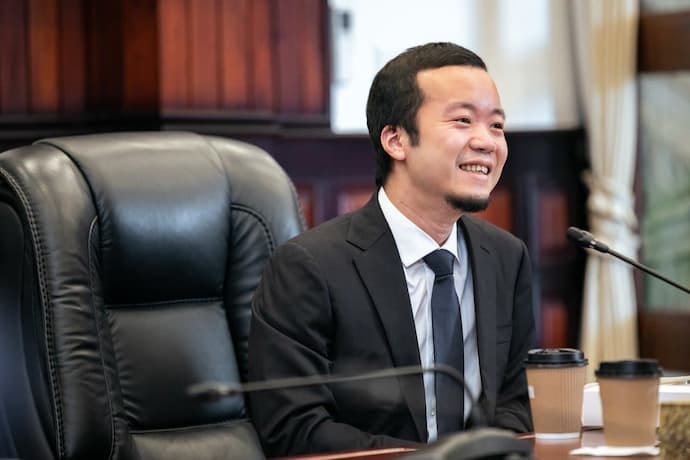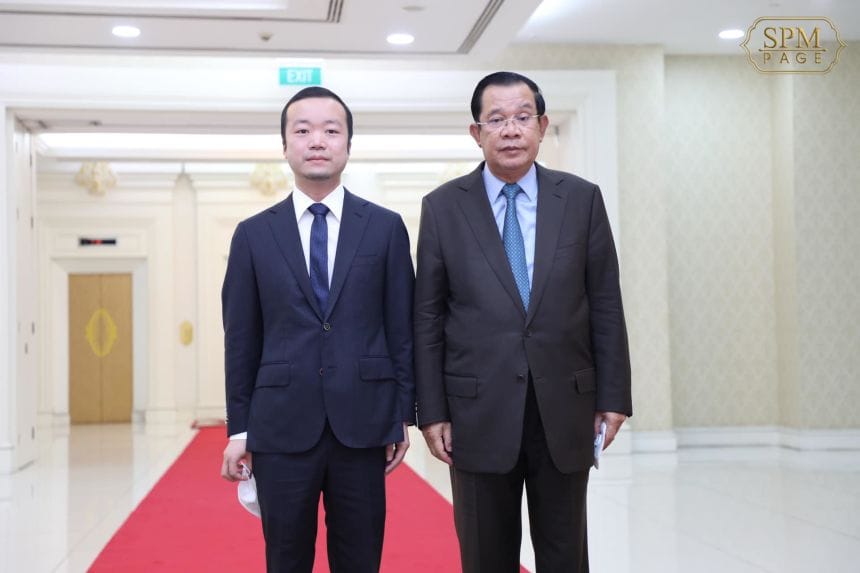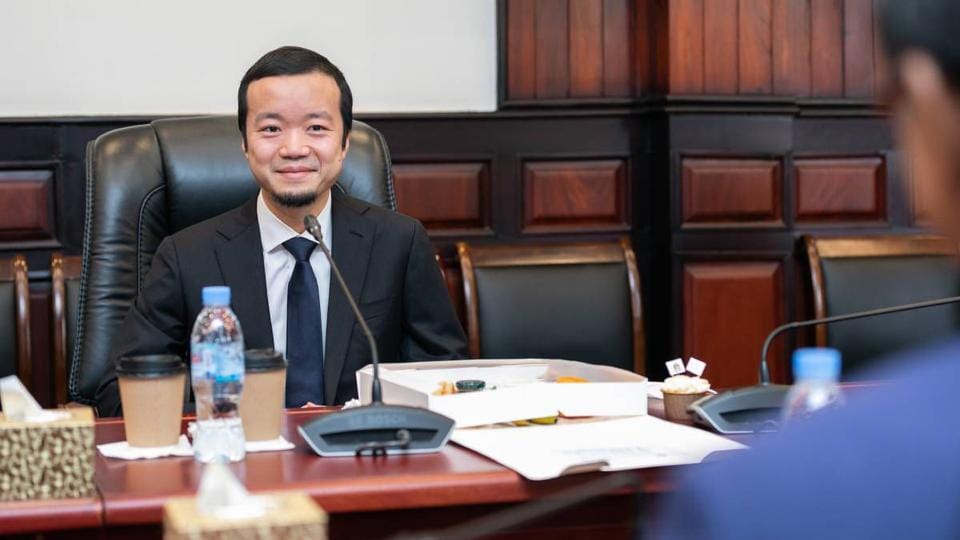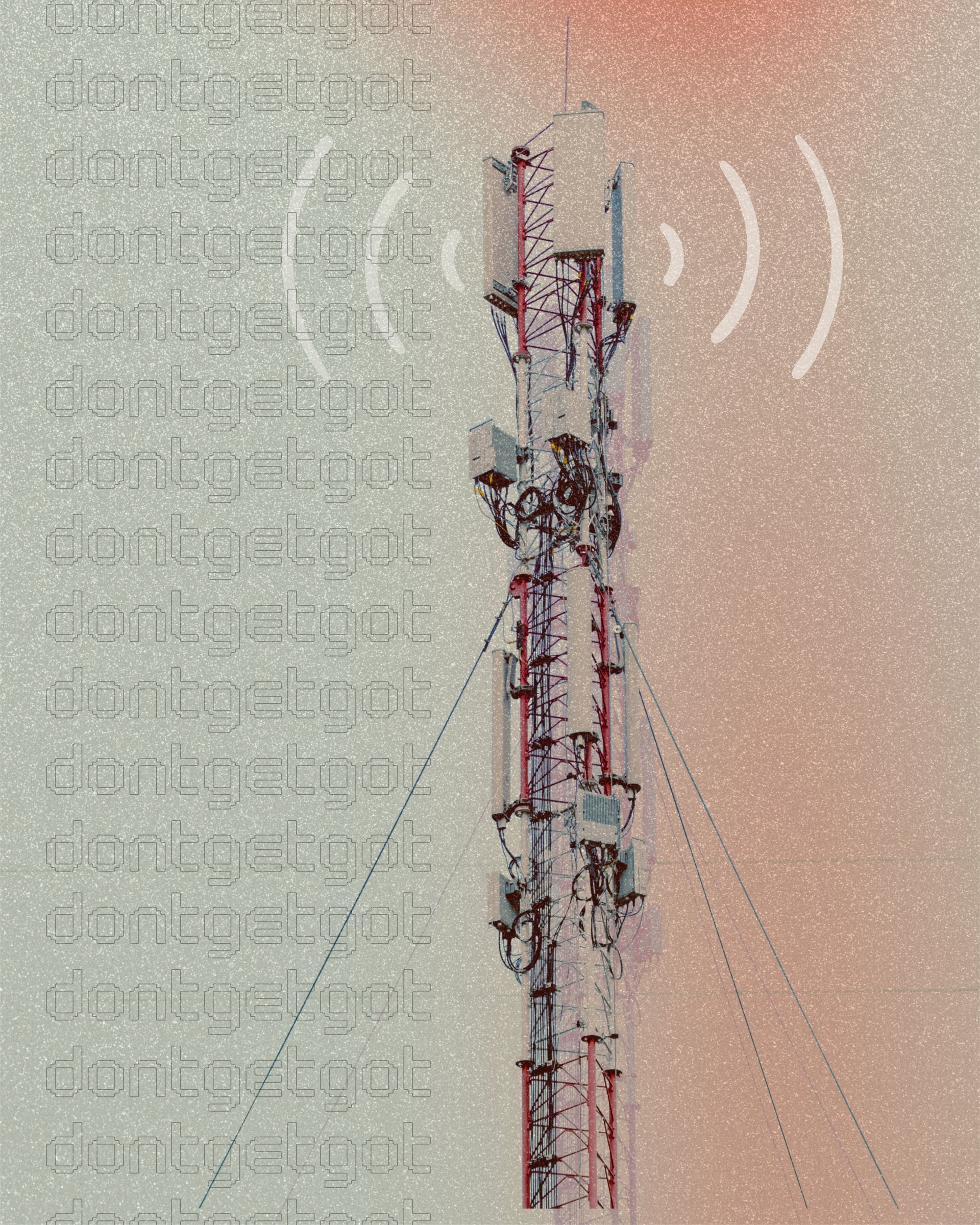Free email without sacrificing your privacy
Gmail is free, but you pay with your data. Proton Mail is different.
We don’t scan your messages. We don’t sell your behavior. We don’t follow you across the internet.
Proton Mail gives you full-featured, private email without surveillance or creepy profiling. It’s email that respects your time, your attention, and your boundaries.
Email doesn’t have to cost your privacy.
At the peak of his operation, Chen Zhi was making 30 million dollars every single day. His Prince Group Company, which moonlighted as an international criminal organization, was running "scam compounds" across Cambodia. The money came in constantly, from hundreds of thousands of people who thought they were investing in legitimate crypto opportunities. They weren't. They were being scammed.

How Chen Capitalized
Chen Zhi arrived in Cambodia at exactly the right moment. He started making real estate investments immediately, though where the initial capital came from remains murky. Some sources claim an uncle gave him $2 million in 2011 to start his first property company, but there's no evidence to verify this. What is documented is that by 2014 he obtained Cambodian citizenship through a $250,000 donation, which gave him the legal right to own land in his own name. This was the turning point.
In 2015, at age 27, he founded Prince Group as a property development company. Over the next few years the expanded and grew extremely quickly. He built a bank, started Cambodia's third airline, constructed luxury hotels and shopping malls, and launched the Bay of Lights, a planned $16 billion eco-city near Sihanoukville.
All of this happened in a span of just a few years. On paper, it looked like a business genius had arrived and was building Cambodia's future.
Proximity to Power
But the real value of all these business venture’s wasn't the businesses themselves. It was the access they provided. Every luxury hotel, every banking license, every massive real estate deal came with political connections. By the early 2020s, he became an advisor to Prime Minister Hun Sen and later maintained that same relationship with Hun Manet when he succeeded his father in 2023. Chen was embedded in the Cambodian elite and well-protected by the government.
He cultivated his image carefully. His company donated $14 million to various charitable causes, funded scholarships for low-income students, and donated millions during the COVID-19 pandemic to help Cambodia through the crisis. To anyone looking at Chen Zhi from the outside, he was exactly what he claimed to be. A respected entrepreneur. A genuine philanthropist.
People who worked with him directly described him as courteous, measured, calm. One journalist who spent three years investigating him noted: "Everyone I've spoken to who's worked with him directly describe him as very courteous, very calm, very measured. I think not being the kind of flamboyant person that people will write tabloid-y things about was smart." He kept a low profile. He didn't throw money around publicly. This was strategic. If you're courteous and measured and embedded in legitimate power structures, people don't look too closely at what you're actually doing.

Chen Zhi and the Prime Minister of Cambodia, Hun Sen
A Criminal Machine
But underneath all of this was a massive criminal operation. Prince Group operated forced labor camps where trafficked workers were coerced into carrying out cryptocurrency fraud schemes targeting Americans and people worldwide. The operation stole billions in cryptocurrency through pig butchering scams, with at least 250 documented victims in the United States alone.
The money just kept coming in. Day after day, thousands of people getting scammed out of their life savings.
The Global Asset Seizure
Everything changed in October 2025. The U.S. Department of Justice indicted Chen Zhi on charges of wire fraud and money laundering conspiracies, and the U.S. and UK announced coordinated sanctions against 146 targets within Prince Group. It was the largest bilateral action ever taken against a cybercriminal network.
Then the seizures started piling up, one country after another.
The U.S. Treasury seized over $15 billion in Bitcoin and London properties worth £100 million. Singapore police seized more than $115 million in assets on October 30, including six properties, a yacht, 11 vehicles, and various financial holdings. Taiwan seized $150 million in assets including 26 luxury cars, a Ferrari, Bugatti, a Porsche and 11 apartments in an upscale Taipei building where celebrities live. Hong Kong authorities seized $353 million in assets consisting mostly of cash and stocks. The UK froze a 12 million euro mansion in North London and a 100 million euro office building, along with multiple luxury flats.
Every jurisdiction moved at roughly the same time. The message was clear. There was nowhere for his ill gotten money to hide.

Where Chen Zhi Is Now
Since the sanctions were announced in mid-October 2025, Chen Zhi has been in the wind. No public sightings. No confirmed location. If convicted in the U.S., he faces multiple life sentences in prison.
The Cambodian government has been diplomatically careful, saying they'll cooperate if there's a formal extradition request backed by sufficient evidence, but they've stopped short of aggressively pursuing their former advisor. Whether Chen is hiding in another country, maintaining some kind of low-profile existence, or something else entirely, nobody outside a very small circle knows.


